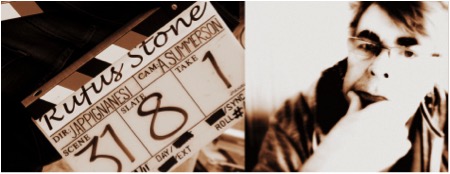
Bournemouth University offers two opportunities to learn how in-depth research was turned into the award-winning biopic, RUFUS STONE. Premiered in 2012 at Bournemouth, the film has gone on to be screened by universities and by service providers across the UK and abroad. Since the first of the year, the film has also been available for free on the Internet and has been viewed over 9,000 times around the globe.
On Thursday, 14 May RUFUS STONE will be screened on the Talbot Campus of the University in the Marconi Theatre in the Kimmeridge Building, 14:00-15:30 (Please note there will refreshments available from 13:30). This is an opportunity to see the film on a large screen with a sophisticated sound system—the best way to view the poetic rendering of this breath-taking story. Following the half-hour screening, Project Lead, Author and the film’s Executive Producer, Dr. Kip Jones, will take part in a Q & A with the audience. Dr. Trevor Hearing from the Media Faculty will moderate the discussion.
Please register for free at: https://www.eventbrite.co.uk/e/from-ivory-tower-to-silver-screen-academics-engaging-with-filmmakers-for-impact-and-to-reach-a-tickets-16206925350 The screening is part of a series of events during the week at Bournemouth University celebrating interdisciplinary research. More info: https://research.bournemouth.ac.uk/interdisciplinary-research-week-2015/
Rufus Stone is the key output of the three-year research project, “Gay and Pleasant Land? -a study about positioning, ageing and gay life in rural South West England and Wales “. The Project was a work package in the New Dynamics of Ageing Project, “Grey and Pleasant Land?: An Interdisciplinary Exploration of the Connectivity of Older People in Rural Civic Society” and funded by Research Councils UK.
Award-winning author and educator, Patricia Leavy, describes the plot in her review of the film for The Qualitative Report: The film tells the story of a young man in rural England who, while developing an attraction to another young man, is viciously outed by small-minded village people. He flees to London and returns home 50 years later and is forced confront the people from his past and larger issues of identity and time.
“Seven years of you life? Was it worth it?” A second opportunity, the following week on Monday, 18 May at 2:35 p.m. in the Executive Business Centre 206, Holdenhurst Road BH8 8EB, will provide a chance to hear just how Jones went about developing the project bid and obtaining funding from the Research Councils. Jones will tell the tale of the three years of development that went into securing the funding for the research and finally, the production of the film.
The Gay and Pleasant Land? Project was a research project that took place as part of the New Dynamics of Ageing Programme (a unique collaboration between five UK Research Councils—ESRC, EPSRC, BBSRC, MRC and AHRC) on ageing in 21st Century Britain. If that wasn’t complicated enough, our project at Bournemouth University was one of seven projects in The Grey and Pleasant Land? group being funded by the NDA in south west England and Wales. Hear how Jones navigated this knotty progression, always keeping his eyes on the prize of making a professional film based on in-depth research.
Open to the public and free. More information at: http://blogs.bournemouth.ac.uk/research/2015/04/27/hss-sharing-research-experiences-day-18-may-2015/
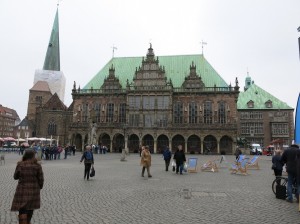

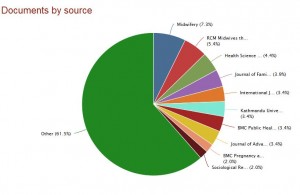

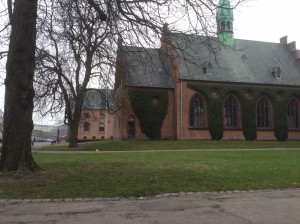
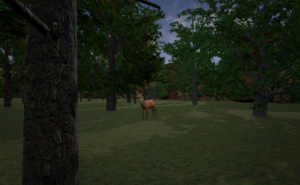














 FHSS academics teaching in Nepal
FHSS academics teaching in Nepal New weight change BU paper
New weight change BU paper One week to go! | The 16th Annual Postgraduate Research Conference
One week to go! | The 16th Annual Postgraduate Research Conference Geography and Environmental Studies academics – would you like to get more involved in preparing our next REF submission?
Geography and Environmental Studies academics – would you like to get more involved in preparing our next REF submission? Congratulations to three former BU staff
Congratulations to three former BU staff MSCA Staff Exchanges 2024 Call – internal deadline
MSCA Staff Exchanges 2024 Call – internal deadline Applications are now open for 2025 ESRC Postdoctoral Fellowships!
Applications are now open for 2025 ESRC Postdoctoral Fellowships! Horizon Europe – ERC CoG and MSCA SE webinars
Horizon Europe – ERC CoG and MSCA SE webinars MaGMap: Mass Grave Mapping
MaGMap: Mass Grave Mapping ERC grants – series of webinars
ERC grants – series of webinars